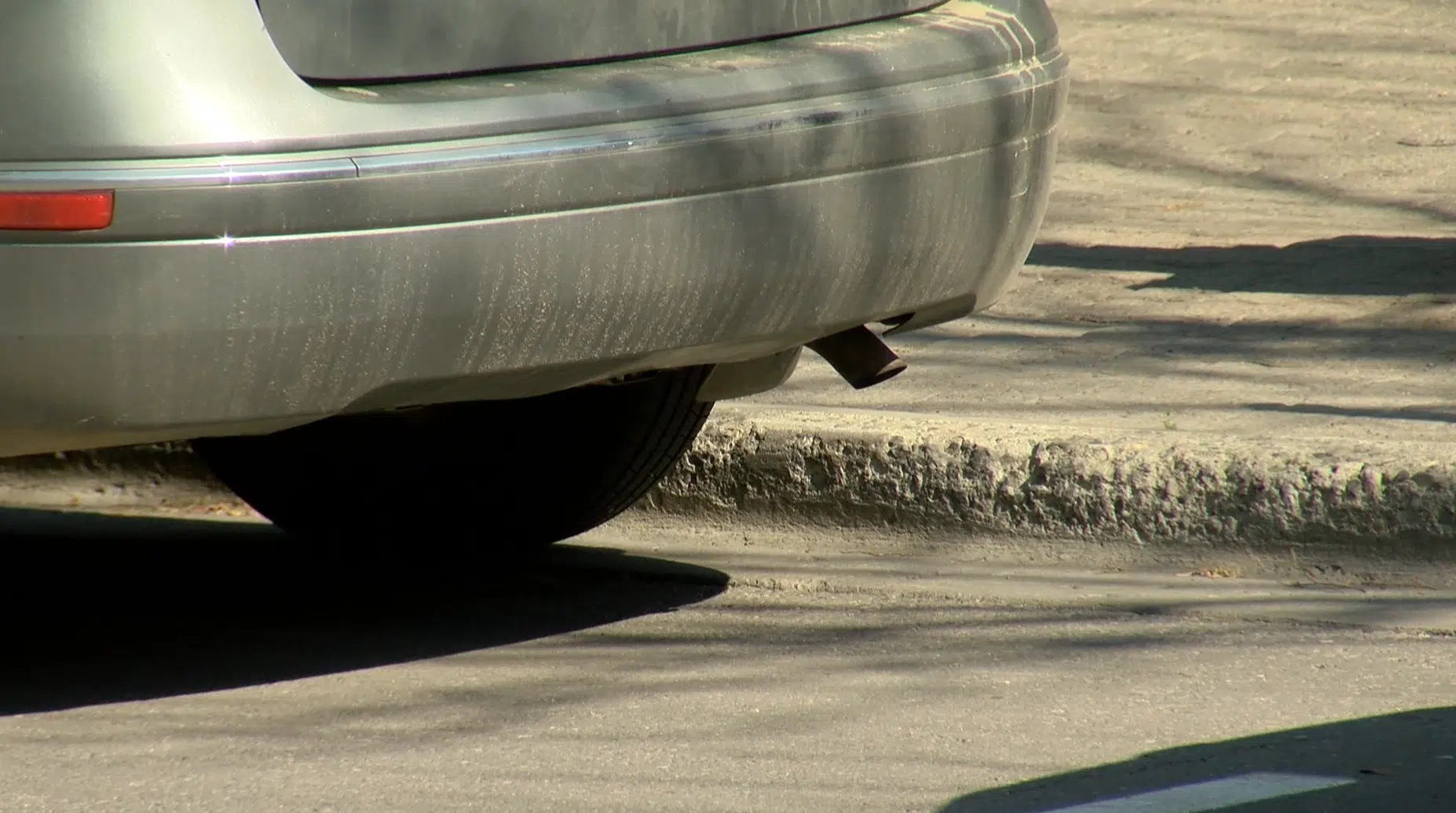
City staff, councillors focusing on education with anti-idling bylaw
KAMLOOPS — The City of Kamloops is going ahead with its anti-idling bylaw after council approved it on Tuesday afternoon. It means vehicles can’t idle for more than three minutes in public spaces.
Councillors and city staff realize enforcement will be difficult, but it’s focusing more on the educational aspect to try and change people’s behaviors
“My experience is most people in Kamloops abide by the bylaws,” said city bylaw manager John Ramsay. “For me, as long as the education campaign is a strong one and we’re communicating that to the whole community, you’ll see changes in people’s behaviour.”


